
Horror Theater Unbalance
A 1973 Japanese Anthology television series created by Tsuburaya and Fuji TV.
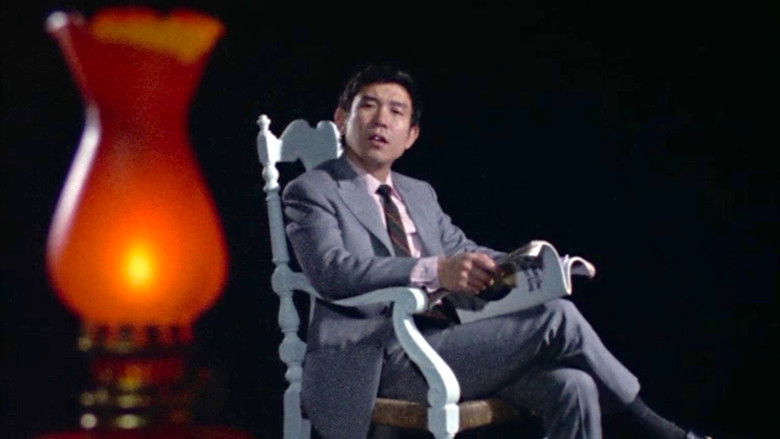
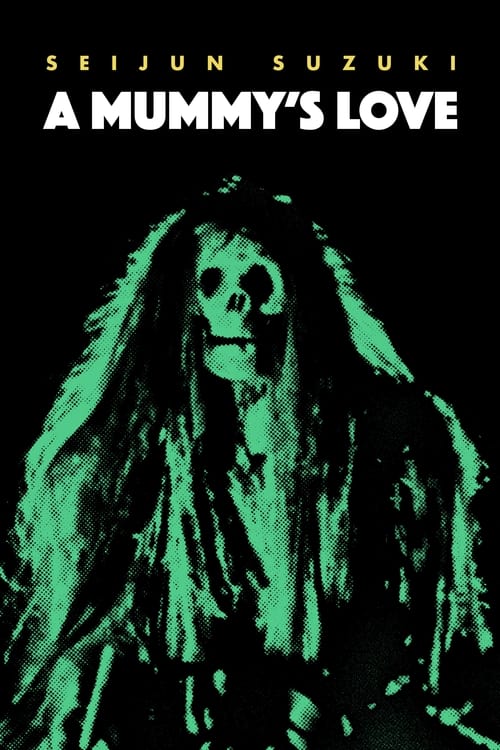
A Mummy’s Love
In post-war Japan, a publisher goes to visit her former teacher for help on a modern translation of a legend about a mummified Buddhist monk who was revived and who, centuries later, turned into a sex demon who terrorized a village in pre-modern Japan.
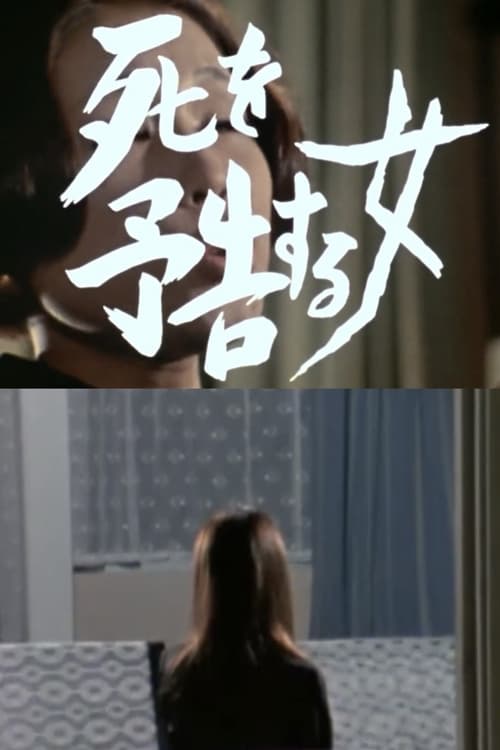
A Woman Who Warns of Death
A successful lyricist, Sakumaki (Yukio Ninagawa), lives with his partner Kazue (Keiko Fujita) and their daughter, though he has always kept an emotional distance from them. One night, he returns home to find a mysterious woman in black (Yuko Kusunoki) waiting in his apartment. She calmly tells him that he will die the next night at precisely 12:13 a.m. Shaken, Sakumaki flees, only to discover the same woman appearing wherever he goes. As her presence grows more menacing and unexplainable, his fear spirals into paranoia. Directed by Toshiya Fujita, the episode blends domestic drama with supernatural dread, blurring the line between hallucination and reality. With Ninagawa in a rare starring role, supported by Ichiro Zaitsu and Akira Nagoya, the story pushes its protagonist into a psychological nightmare where fate, guilt, and obsession collide.
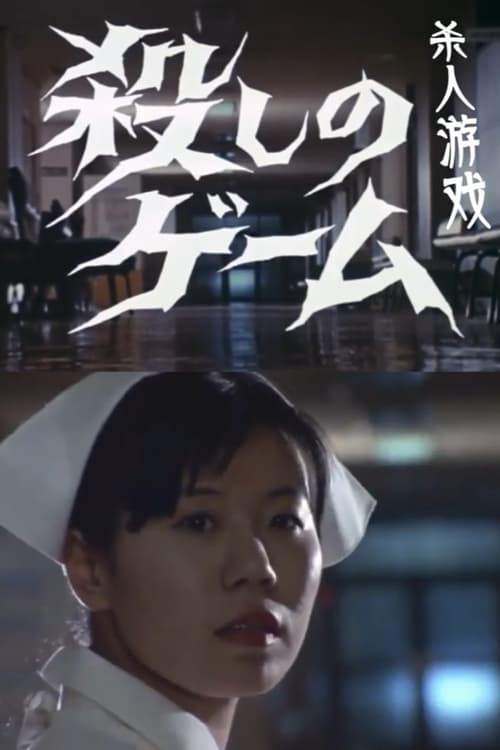
The Killing Game
A middle-aged office worker, Masao Okada (Eiji Okada), discovers that his worsening illness is terminal cancer. Shaken and resigned, he meets a mysterious man, Suzuki (Haruo Tanaka), who knows every detail of his life. Also a dying patient, Suzuki proposes a “game”: two men with little time left will live in suspense, wondering when and how the other might kill, using paranoia as a way to escape the greater fear of death. Directed by Yasuharu Hasebe and based on a story by Kyotaro Nishimura, this short TV film from "Horror Theater Unbalance" blends psychological dread with social reflection. Alongside Okada’s fragile romance with nurse Akiko (Masumi Harukawa), the story introduces a nihilistic subplot where a reckless young couple (Renji Ishibashi among them) engage in a fatal dare that ends in self-destruction — echoing the era’s sense of emptiness and contrasting Okada’s struggle to find meaning in the face of death.

Graveyard of Masks
In a struggling small theater troupe, director Inuo pressures an actor to perform a death role with extreme intensity, resulting in a fatal accident. Despite the tragedy, Inuo attempts to proceed with the scheduled performance. Legendary underground theater performers Jūrō Kara and Mako Midori appear in the episode, exploring themes of theatre performance, obsession, and the boundary between reality and illusion.
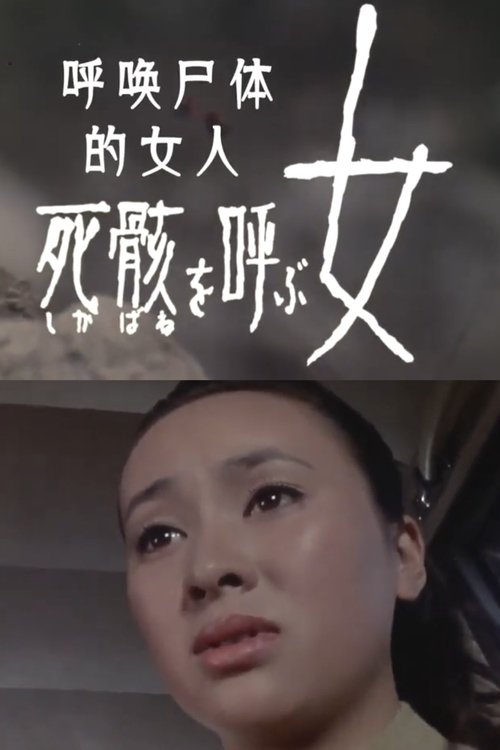
The Woman Who Calls for Corpses
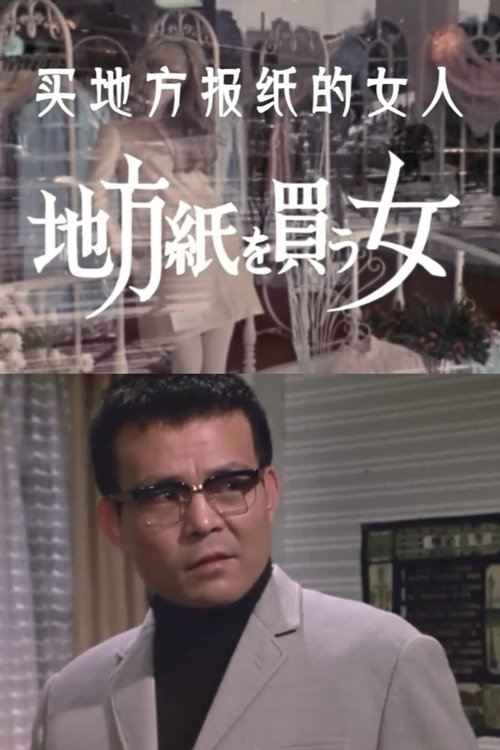
The Woman Who Took the Local Paper
Based on the original mystery novel by Seicho Matsumoto.
Novelist Ryuji Sugimoto is publishing his serial in a local newspaper when a woman from Tokyo subscribes, saying she’s interested in his work—only to abruptly cancel weeks later. Suspicious, he realizes her true interest may not be the fiction at all, but a real double suicide reported in the same paper.
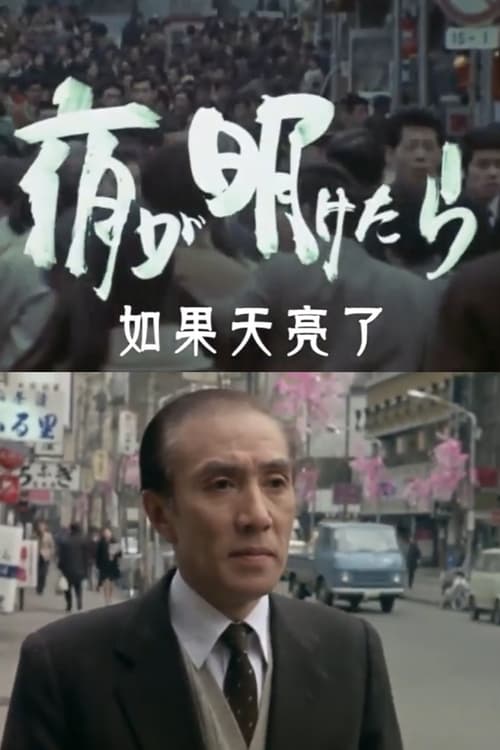
When the Night Breaks
In a bustling shopping district, a humble tailor accompanies his daughter for an afternoon out — until a trio of thugs begin harassing her in broad daylight. Unable to stay passive amidst the crowd’s indifference, he intervenes with tragic results. Two years later, having served time for excessive self-defense, he remains haunted by both the violence and the apathy of society. A veteran detective, still unsettled by the case, notices the tailor quietly providing money to the same thugs. What drives him? A modern horror tale with social undertones, adapted from Futaro Yamada’s short story “The Black Curtain,” this episode merges psychological unease, moral ambiguity, and a chilling critique of bystander indifference.
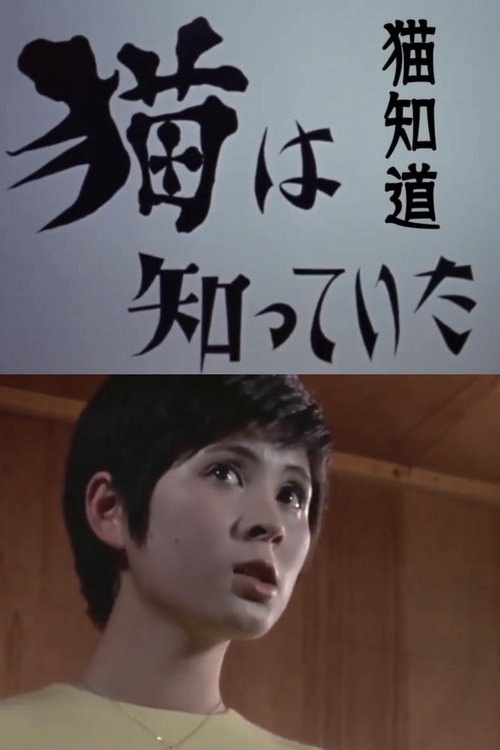
The Cat Knew

The Morgue Murderer
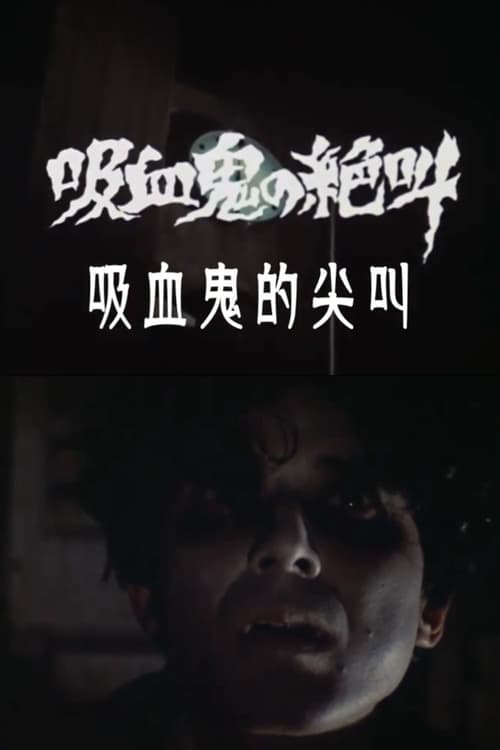
Vampire Scream
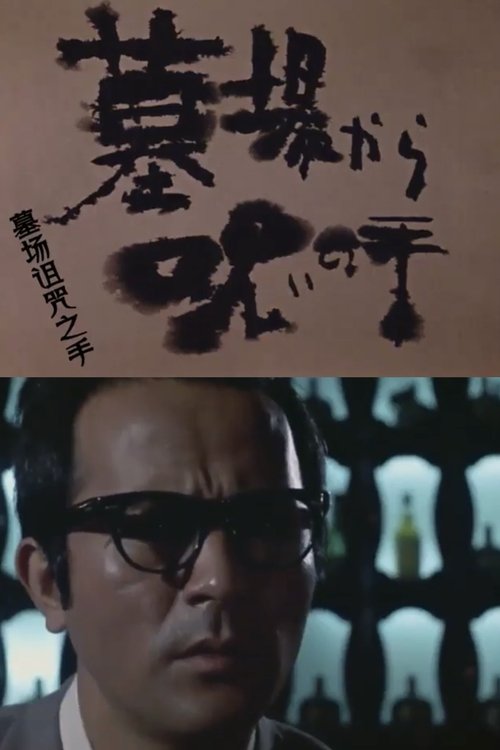
Cursed Hand from the Graveyard
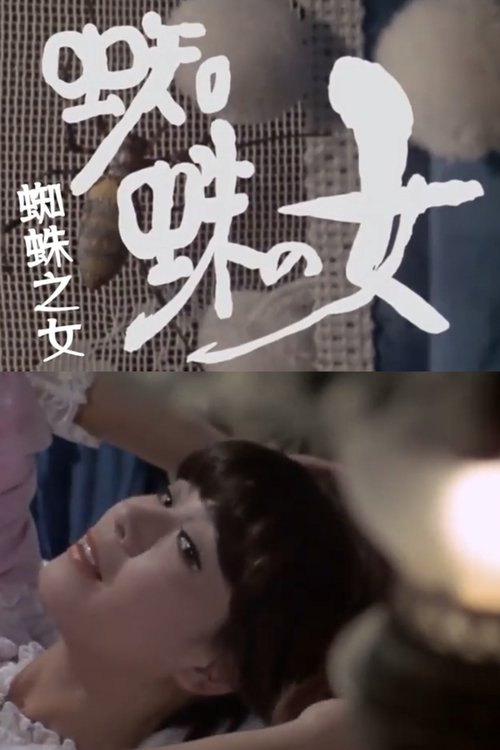
Spider Woman
Japanese horror movie from 1973.
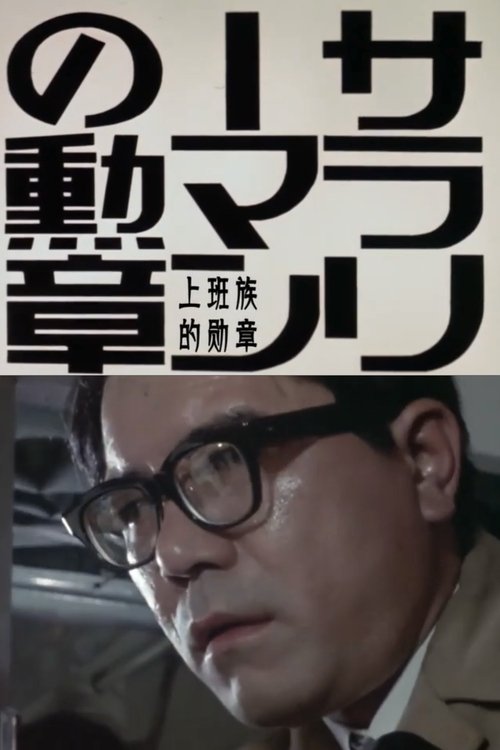
Order of the Salaryman
A salaryman promoted against his will skips his first morning meeting and slips into a spiral of small rebellions—cafés, nightclubs, and a fleeting romance—while rejecting the rigid “medals” of corporate success. Torn between family and freedom, he plots a staged disappearance to reclaim a late-coming youth, in a bittersweet drama underscored by the haunting refrain of “Akita Ondo.”